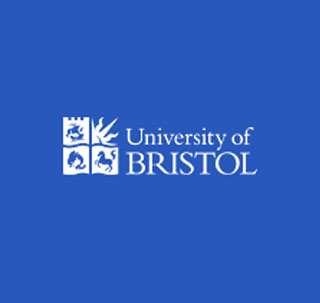Water free liquid is something an individual must have absolutely not thought of but the University of Bristol has made this possible. A novel means has been recently identified to achieve a highly concentrated water-free liquid of a key blood protein, myoglobin. This seemingly highlights the capability of introducing new types of biomedical materials.
The scientists clarified that a chemical procedure can be employed in the making of this water free liquid. The procedure includes surfactant molecules which are a form of wetting agent and are attached to the protein surface. The researchers separated water by freeze-drying at a low temperature enabling them to bring out a solid powder.
Once the powder is achieved it can be warmed at room temperature. The powder may then melt and produce a viscous liquid containing a very high concentration of myoglobin molecules. Interestingly, the protein structure remains unchanged even in the absence of water.
Professor Stephen Mann confessed, “To make a liquid myoglobin without adding water or any other solvent is really exciting, to find that the protein is still active in binding oxygen was astounding.â€
The researchers cautioned that the ability of the liquid protein to reversibly bind oxygen remained unchanged. This explains that the potency of the oxygen molecules can be varied in response to the pressure applied. As a result, a simplified form of ‘artificial blood’ may be acquired. This can be probably utilized as a solvent-less fluid of highly concentrated protein for oxygen storage and delivery. It seems to be beneficial in medical dressings and barrier films applied to wounds.
The discovery possibly leads to a re-evaluation of the importance of water molecules in protein folding in general. It also displays a significant scientific breakthrough in the structure and properties of proteins requiring water molecules to operate accurately.
The research is published in the journal Nature Chemistry.

